As a nine-year-old in the Crippled Children’s hospital, I thought I knew what suffering was. Up until my first day there, suffering was not being allowed to sleep over at my friend’s house. Suffering meant one of my gramma’s terrible pixie hair cuts and ugly saddle oxford shoes.
In the Little Kids’ ward, I was scared. Here I was, the fourth grade Room Ten spelling champ, forced to lie in an oversized baby crib alongside a bunch of little snots. I still couldn’t figure out how this place was supposed to make my life better.
I didn’t consider myself a cripple. I was pretty normal if you didn’t count my polio arm. I tried really hard to keep up that normal act and now the whole world—or at least all of Room Ten—would know I wasn’t normal. For me, that was suffering.
And then I met Lydia.
She was about four or five years old, stringy dark hair, pale skin. She sat in her giant baby crib, crying. I felt like crying myself, but I wouldn’t let anybody here find out. Lydia rocked back and forth, tears and snot dribbling down her cheeks. “They can’t have my foot,” she said. “Please don’t let them take my foot.”
Until then I hadn’t really looked at her body. I gulped. Lydia had one short leg with a foot wearing a white anklet and patent leather shoe. Her other leg was a little stumpy foot sticking straight out from her hip. I swallowed a huge lump to keep from sobbing along with her.
It was hard not to stare. Suddenly, I was scared and mad. At God, at the whole world. What had Lydia done to deserve such an awful fate? Why did we have to suffer, anyway?
At nine, I doubt I was thinking about the deep theology of suffering. I just wanted us both to be normal—with two working hands and two regular feet. But that question of why suffer has followed me all my life.
I admit that I want to help everyone whose body or mind suffers. But although I couldn’t really fix Lydia’s problem, I could give kindness and compassion.
In suffering and in comforting those who suffer, God can come near.
“Hey,” I said when Lydia took a break from blubbering. “How come they want to take your foot?” I know—not the most tactful question. But I had to know.
Lydia tugged on the tiny foot without a shoe. “I don’t have any feeling from here down.” She gestured from her waist to her shoe. She made that hiccuppy sound kids make when they’re about to break into sobs. “And I backed up to a hot radiator and it burned my good leg real bad. And now they want to take it away.” With that she began to wail again.
I stared at my feet, stuck out in front of me in the crib. I swear that a dagger, like glass shards, pierced through my heart. A tear rolled down my cheek. “I’m sorry,” was the best I could do.
That night, I couldn’t get Lydia out of my mind. I prayed in ways that sounded a lot like yelling at God, to first do something to help Lydia and second, get me on the first plane home. I fell asleep thinking about Lydia’s plight and also wondering what they did with her other shoe.
In the morning, a nurse let me out of the crib. She said I was moving to the Big Girls’ Ward. As I followed the nurse to my next bed, I stopped at Lydia’s crib. She was crying again, pulling on her little foot’s sock as she rocked.
I put my good hand through the bars and laced my fingers through hers. “I don’t know why they want to take your foot. I hope they change their minds.” Lydia sniffed, shuddering the way kids do when they finally stop bawling. I smiled at her, giving her hand a squeeze. “I’ll be next door,” I said, “but I’ll always be your friend.”
I still don’t understand why God lets suffering go on in this world. The Maker of Everything, it seems, could heal us all with a snap of God’s omnipotent fingers. But in suffering and in comforting those who suffer, God can come near. I don’t know how God did it, but He crawled into that giant crib with me, and stayed near as I underwent my own surgeries and recoveries in that hospital.
As Father Richard Rohr has said, “It seems only the survivors know the full terror of the passage, the arms that held them through it all, and the power of the obstacles that were overcome. All they can do is thank God they made it through!”
If, like Lydia, you are walking in the Valley of the Shadow, look within. There’s God, closer than your breath, plumbing your heart for love and kindness. I had nothing much to offer Lydia except friendship. And to be honest, I never found out whether she kept her foot or not. But I suffered alongside someone who truly knew suffering, and through Lydia, I learned how to care for and express hope to others who suffer.
Before I left, Lydia swiped away her tears. “Thanks, friend.” She smiled.





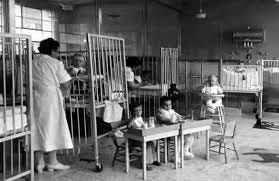
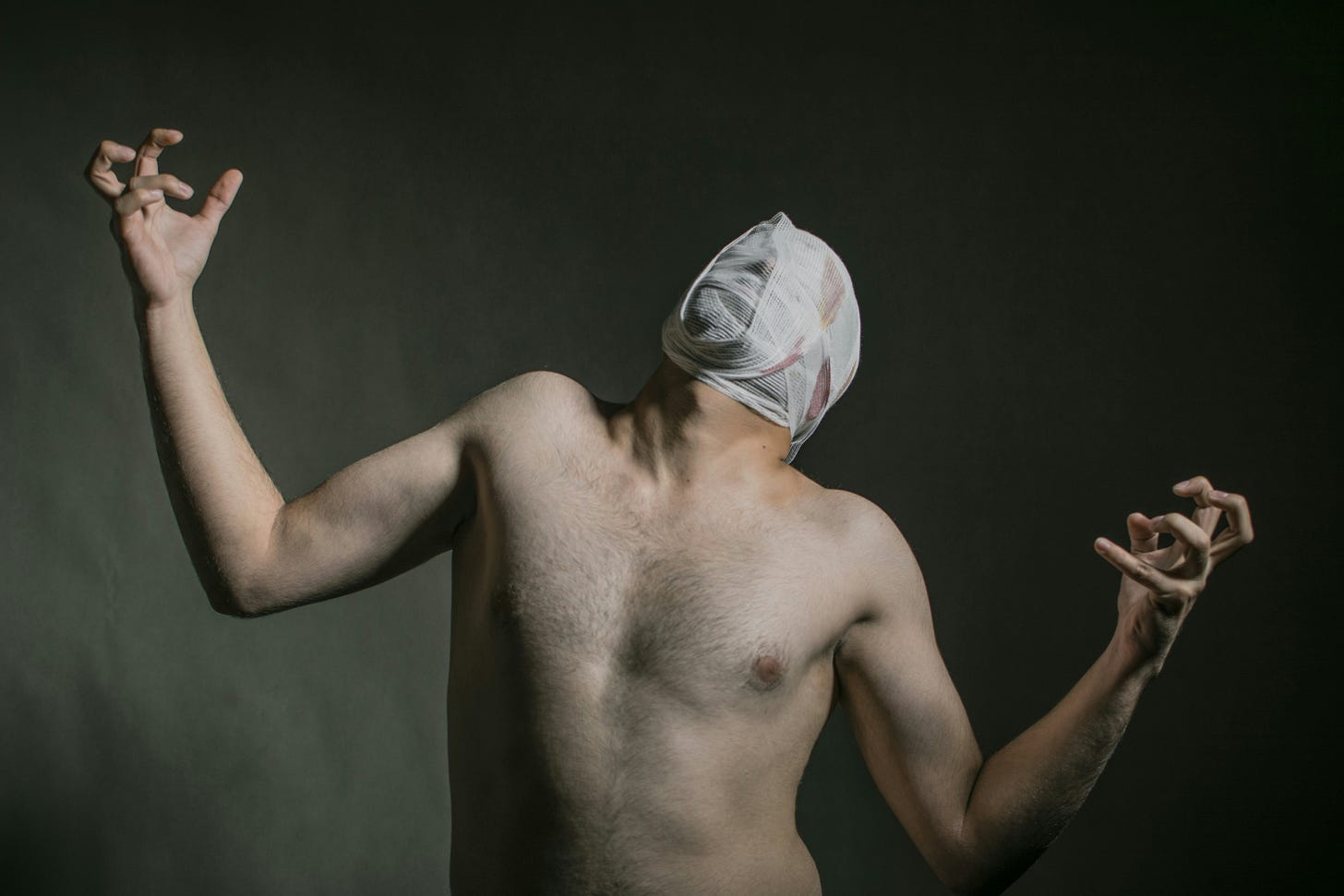
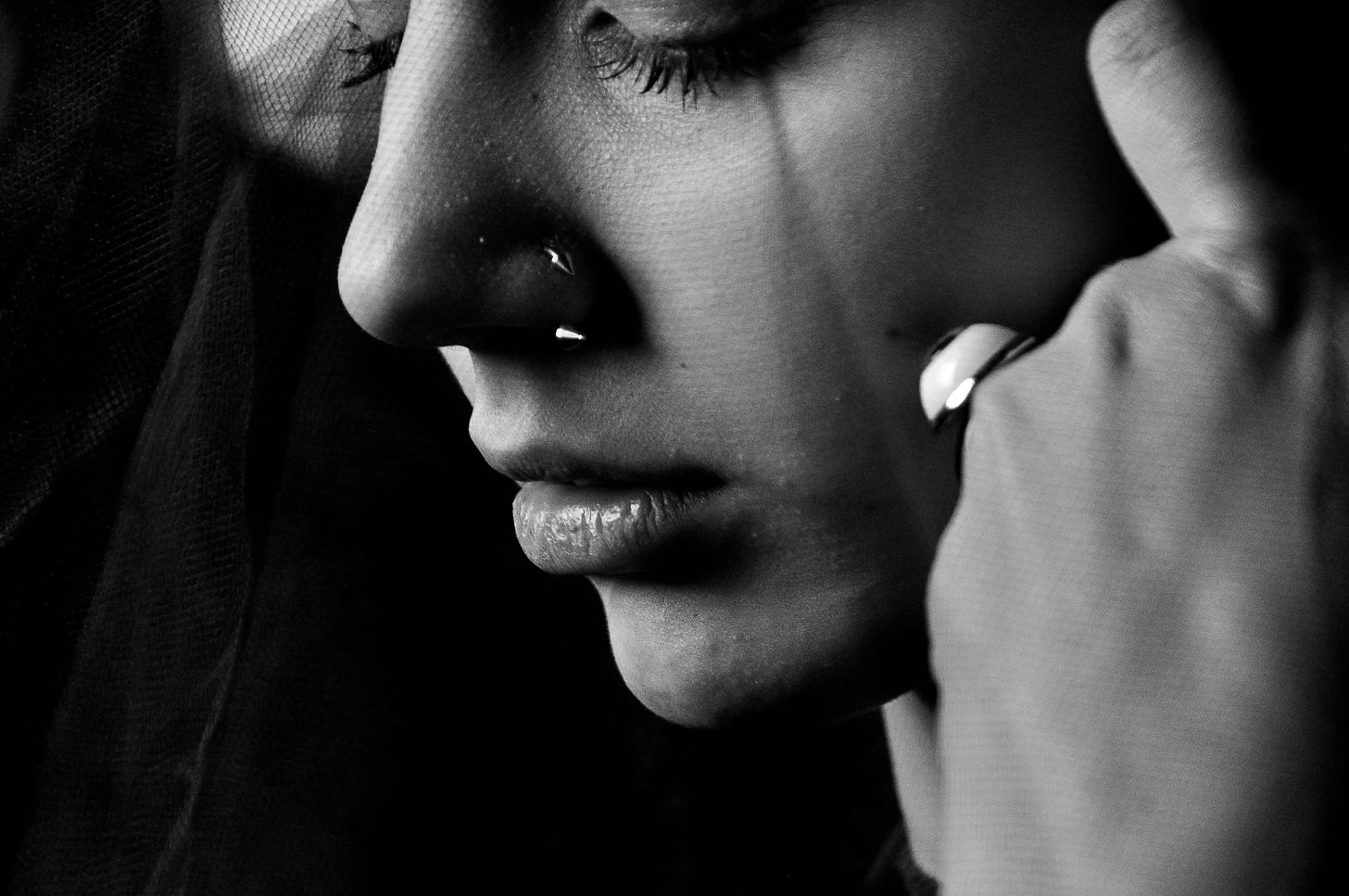
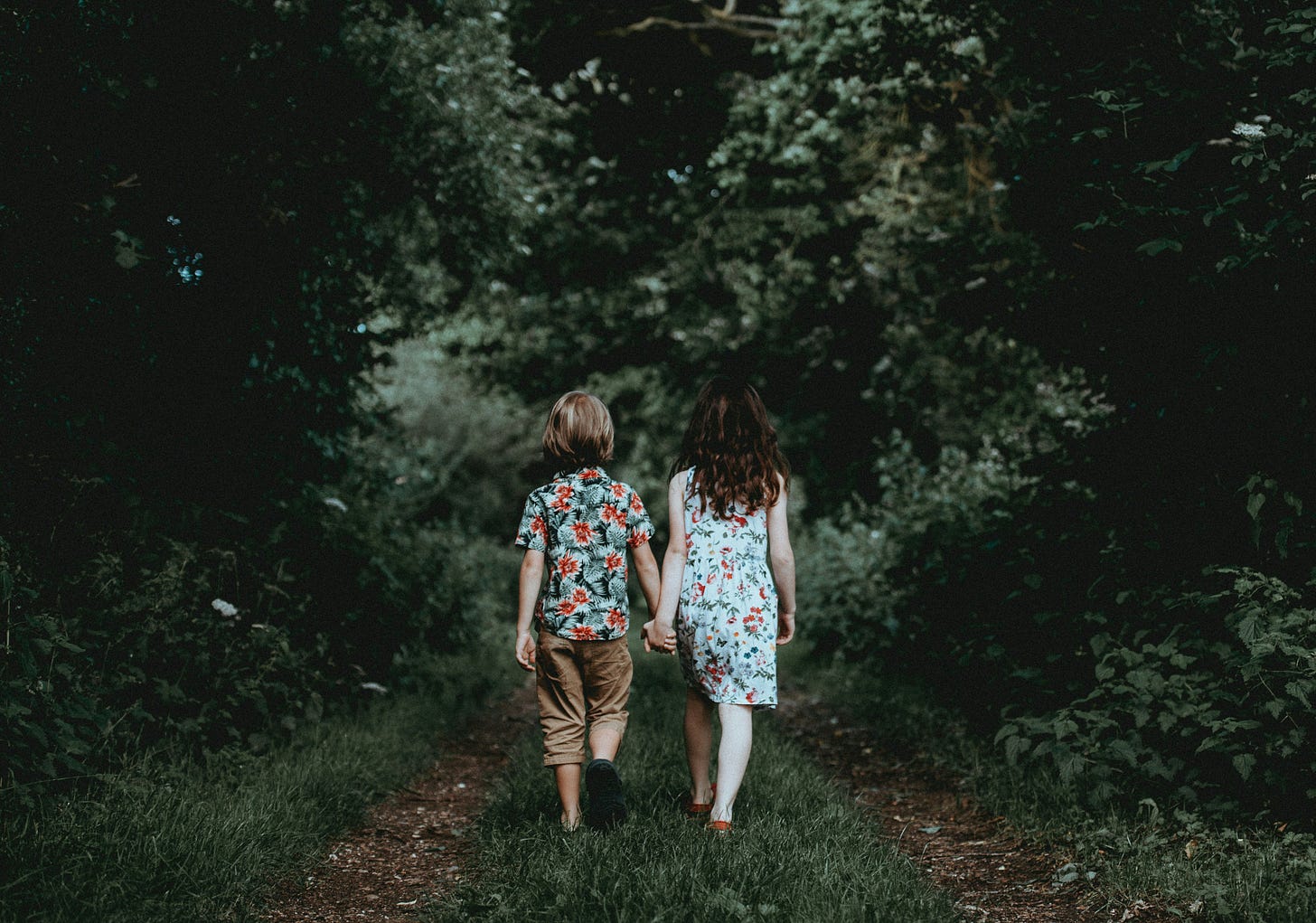
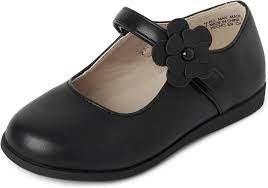
Ugh. I'm crying for little Lydia. I'm crying for you. I'm crying for all the quiet hardships I know nothing about. Thank you for writing. Thank you for helping us see.
It is difficult to explain, it is difficult to understand, but I am in the middle of a heartbreaking situation and have not felt this close to God in a while, He truly is near the broken hearted. Your words always bring new insights , a new calm